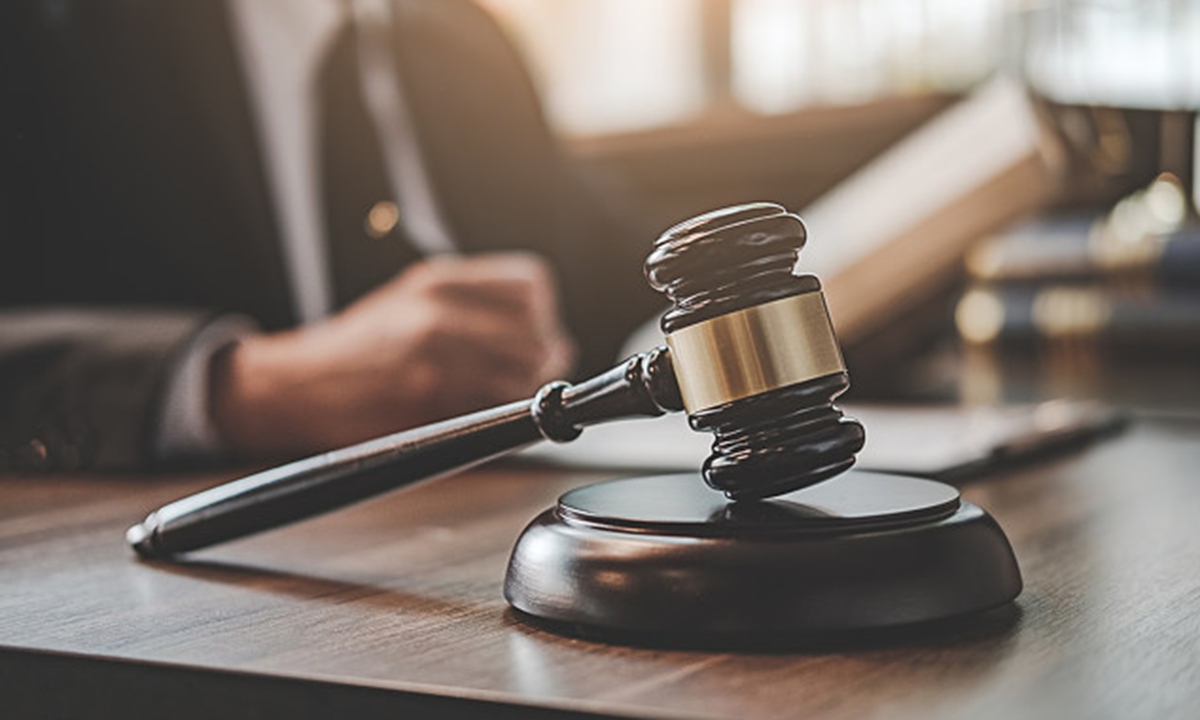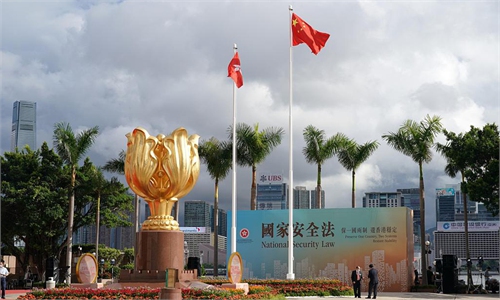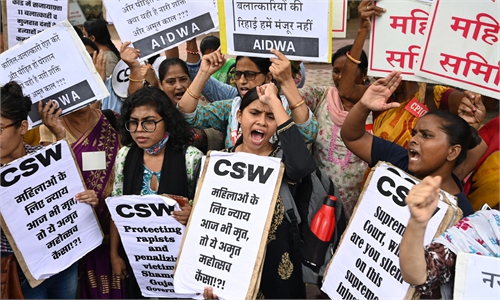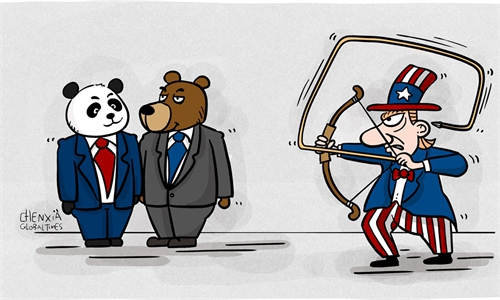
Photo: IC
In my home state of Pennsylvania, two judges have been ordered to pay more than $200 million to 300 families who they had gravely wronged by closing a public country-run juvenile detention prison and then sending their children to a for-profit prison in exchange for millions of dollars in kickbacks from that prison. As the judge who ordered this compensation to the families wrote, these families are "the tragic human casualties of a scandal of epic proportions."As one news story explains in a passage which reads as if it could have been lifted from a Charles Dickens novel, one of the judges found guilty in this kickback scheme "ordered children as young as eight to detention, many of them first-time offenders convicted of petty theft and other minor crimes. The judge often ordered the youths he had found legally delinquent to be immediately shackled, handcuffed and taken away without giving them a chance to say goodbye to their families." Several of the children so punished ended up dying later of drug overdoses or suicide as a consequence of their barbaric treatment.
While this is an extreme example of judges receiving economic gain in return for deciding cases a certain way, it is certainly not the only such instance in the US - a country run for profit, and not in the interests of the social good. Thus, as explained in an October, 2021 exposé published by the Wall Street Journal - the paper of record for the US financial elite - entitled "131 Federal Judges Broke the Law by Hearing Cases Where They Had a Financial Interest," it mentioned that "the judges failed to recuse themselves from 685 lawsuits from 2010 to 2018 involving firms in which they or their family held shares… "
And these are only cases we know about, for the WSJ had made it clear that "the Journal's tally of recusal violations is likely an undercount." The WSJ also made it clear that the conflict of interest of these judges seems to have had an actual impact on their decisions, with "about two-thirds of their rulings on motions that were contested [coming] down in favor of their or their family's financial interests."
As the WSJ article also explained, there are only 600-plus federal judges in the US, meaning that at least 20 percent of the entire federal judiciary is so compromised.
The WSJ explained in no uncertain terms that this type of corruption violates "a bedrock principle of American jurisprudence: No one should be a judge of his or her own cause." And yet, despite this violation of their core judicial duty, none of these judges - unlike the two Pennsylvania judges - were ever prosecuted or otherwise punished. They have been allowed to keep their ill-gotten gains and to continue accruing such gains through their self-dealing judicial schemes.
Meanwhile, there is the case of the four US senators (three Republicans and one Democrat) who apparently tried to cash in on their insider knowledge about the coming pandemic in early 2020. And, they made sure to do so before bothering to tell their constituents of the impending outbreak lest making this information public soon would foil their plans for self-enrichment. Thus, as Fortune magazine explains, "Four U.S. senators sold stock after receiving sensitive briefings in late January [of 2020] about the emerging threat of the coronavirus, sparking concerns that they put safeguarding their private finances before their duty to protect public health." In total, the senators raked in millions of dollars based upon the "sensitive" information they received in the course of carrying out their public duties, but it was not the public which was at the foremost of their minds at the time. While there were some initial calls for these senators to resign, none of them did, and does not appear that they will ever be held to account for their actions.
While it is good that the two judges in Pennsylvania are being made to pay for their serious breach of their ethical duties, the truth is that this problem exists on a systemic level, with judges and legislators getting away from such breaches on a frequent basis. What this means is that the US cannot be said to have the rule of law, if it ever truly had it. Instead, the US is a government by the rule of men and women who are permitted, and indeed encouraged, to seek profit over the public good. That the US then scolds other countries for their perceived democratic deficits and for their alleged failures in upholding the rule of law, and even claims to go to war to bring democracy and the rule of law to others can only be seen as rank hypocrisy.
It is high time that the US tries to get its own corrupt house in order, and leave it to other countries to tend to their own problems.
The author is an American lawyer who teaches international human rights at the University of Pittsburgh School of Law. opinion@globaltimes.com.cn



